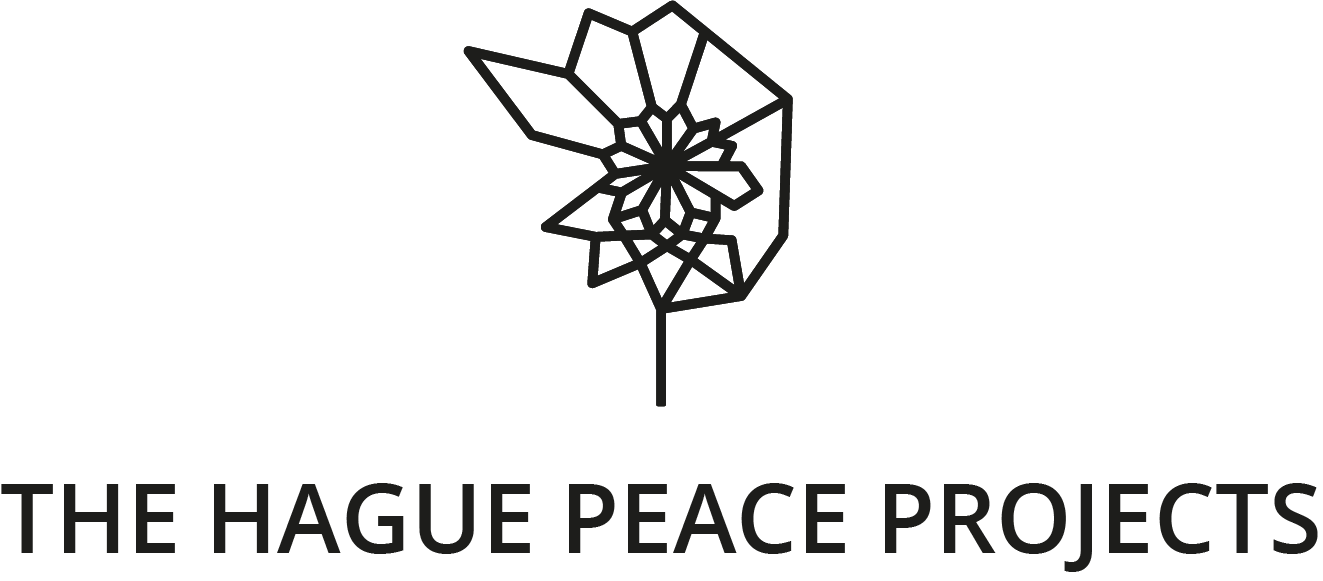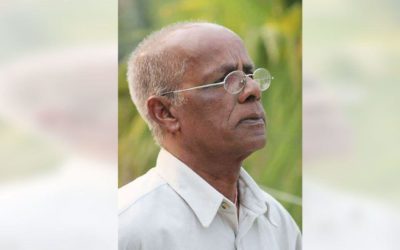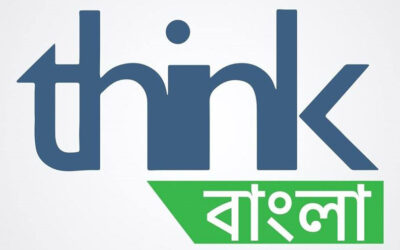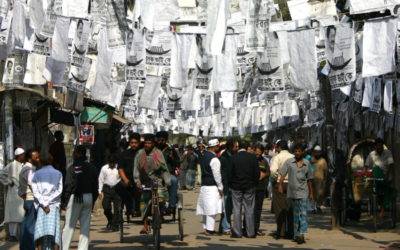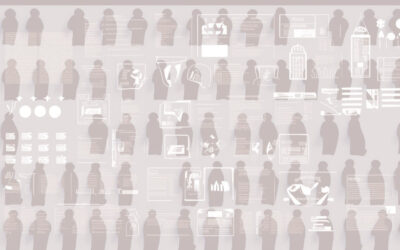As a Bangladeshi, you speak up at your own risk
By: Shucheesmita Simonti
I was very young when I went to a cultural program with my mother and my brother. We saw “Putul Nach”, or puppetry dance (1). It was quite amusing for a 9 year old, and 20 years later, I can still recall how surprised I was to discover that those puppets never actually spoke. Rather, there were people behind the curtain who controlled the movements of the dolls, and they were the ones doing the speaking.
It was amusing for me. I just found it surprising how someone could control the movements of the dolls, even though they were in fact lifeless. I wondered how I would feel if someone tried to control my speech, my movements. The idea did not appeal to me at all, and I concluded that I would never want to become a puppet. I wanted to live my life on my own terms, and to have the right to express my own ideas and beliefs. But I did not know back then that in reality, freedom is not yet a basic right that can be taken for granted. It is still a privilege, especially in a country like mine which is affected by rising religious extremism and a government that tries to silence its critics with all its might. As a Bangladeshi we have two choices in a situation like this; either be a good puppet and go about your life quietly in the hope that nothing bad happens to you or your loved ones, or dare to speak up at your own risk.
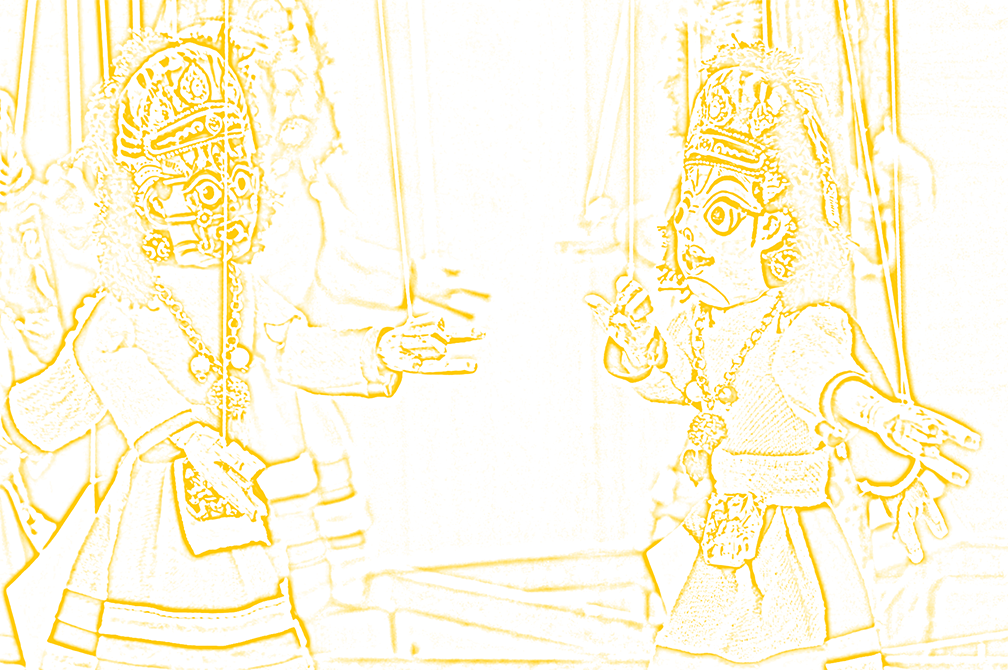
20 years later, I am witnessing “Putul Nach” again. But this time, these dolls are not made of cotton, or clothes. The dolls are real humans- people of Bangladesh, particularly those with an opinion or thirst for the truth. And it is our government that is behind the curtain, directing us to speak what they want to hear. The people must do as they say, and if they don’t there is a dragon waiting to punish us. This dragon is called the Digital Security Act, and it is far worse than the ICT 57 Act which was already draconian. It enables the government to suppress its critics skillfully, and it has given religious fundamentalists a powerful new weapon. As a result, many cases have been filed against journalists, activists, freethinkers, and writers over the past few years. Despite concerns raised by the international community, this censorship and the ensuing brutality continues.
However, the political landscape of Bangladesh is not a black and white scenario- there are multiple shades. Speaking up comes at a cost, and puts a label on you which will likely do no justice to your real identity. If you are one of those who actively condemns the rise of Islamic radical groups, then you are likely to be branded a “Nastik” (atheist), a diehard fan of Awami League (the ruling party), or an agent of India- our neighboring country. You will have a harder time if you have declared yourself an atheist, or if you were born into a family practicing Hinduism, or any other faith. As a religious minority, you do not have the right to speak. And what if you are a Muslim and are critical of the ruling party? Then you stand to be be bashed as a supporter of Islamic extremism, or to be branded as a “Jihadi”. If you are a woman, or belong to the LGBTQ community, then there will be even more labels and humiliations that you will have to endure. It may help somewhat if you have support from some groups or alliances, but you can still never take your safety for granted. Never. You are not expected to speak up if you are a Bangladeshi, and if you do, you must speak in favor of those with power.
As a Bangladeshi, you speak up at your own risk.
1 – In Bengal, the tradition of puppetry has been traced back to the end of the 14th century. (https://wepa.unima.org/en/danger-putul-nach/)
